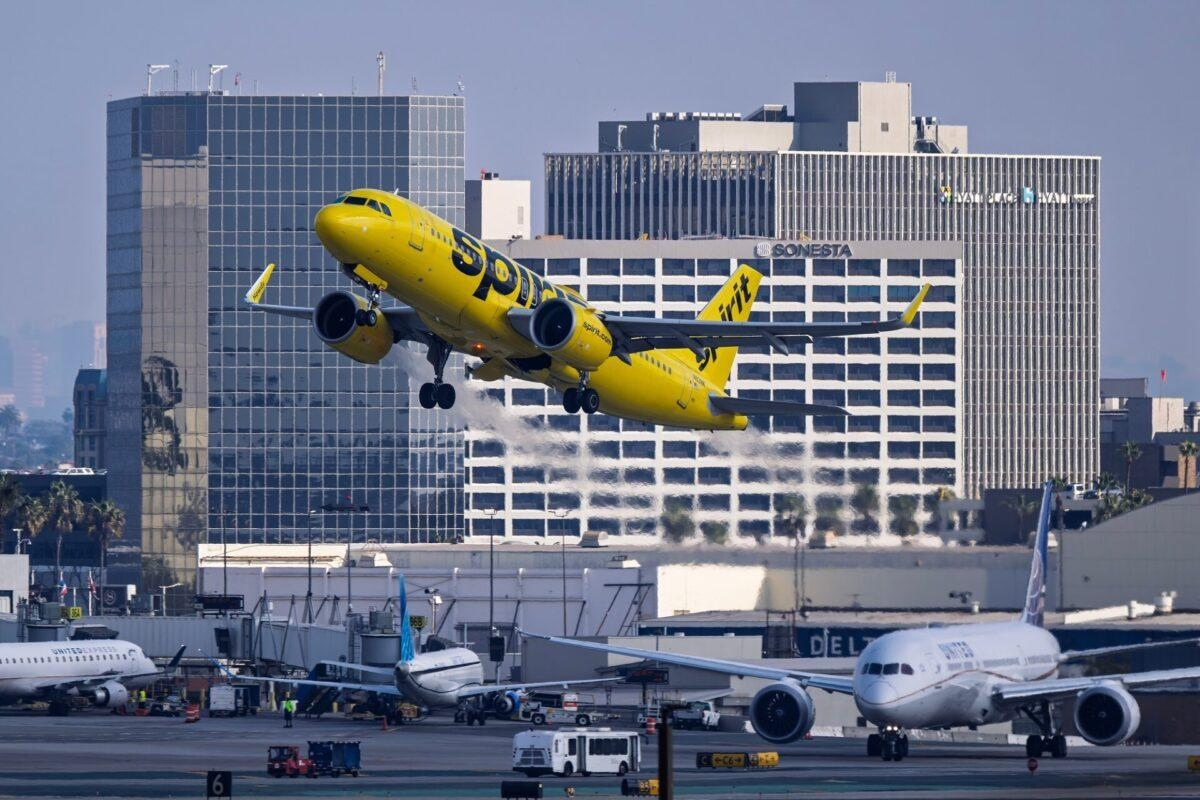
Smarter email, faster business.
Trending
Spirit Airlines May Cancel Airbus Orders Amid $1 Billion Tariff Dispute

Spirit Airlines Considers Canceling Airbus Orders Amid $1 Billion Tariff Dispute
Spirit Airlines, the Florida-based ultra-low-cost carrier recognized for its distinctive yellow aircraft, is confronting significant challenges as escalating trade tensions between the United States and China threaten its fleet expansion plans. In a recent filing with the Securities and Exchange Commission (SEC), the airline disclosed that it is contemplating the cancellation of future aircraft orders with European manufacturer Airbus due to the financial strain imposed by newly enacted tariffs.
Tariffs Jeopardize Fleet Expansion and Financial Health
Spirit’s current fleet primarily comprises 195 Airbus A320-family aircraft, with an additional 92 planes scheduled for delivery through 2031. The imposition of a minimum 10% tariff on these aircraft, each carrying an average list price of approximately $110 million, could impose over $1 billion in additional costs on the airline. This figure excludes further expenses related to spare parts and maintenance, which are also expected to rise, thereby exacerbating the carrier’s financial pressures.
Having recently emerged from Chapter 11 bankruptcy protection in March, Spirit is particularly vulnerable to these increased costs. The airline’s heavy dependence on Airbus aircraft exposes it to the risks associated with the ongoing transatlantic trade dispute, which is reshaping the competitive dynamics of the commercial aviation sector by creating divisions between U.S. and international manufacturers.
Supply Chain Vulnerabilities and Market Implications
The potential cancellation of Airbus orders not only threatens Spirit’s fleet growth but also raises concerns about supply chain stability. As the airline explores cost-saving strategies to mitigate the impact of tariffs, competitors may capitalize on the uncertainty to strengthen their market positions. This ambiguity surrounding Spirit’s procurement approach is likely to elicit varied responses from investors and industry analysts, reflecting differing assessments of the airline’s financial resilience and adaptability.
Broader Industry Impact Highlighted in Official Disclosure
In its Form 10-Q filing, Spirit acknowledged that the tariffs could materially influence its procurement decisions and overall financial outlook. The airline’s consideration of canceling Airbus orders underscores the wider challenges confronting carriers reliant on international supply chains. This development illustrates how global trade policies can have profound and far-reaching effects on the aviation industry, influencing not only individual airlines but also the broader market environment.
As Spirit navigates these complex challenges, its forthcoming decisions will be closely monitored by competitors, suppliers, and investors, all seeking to understand the potential ramifications for the airline’s future and the evolving landscape of commercial aviation.